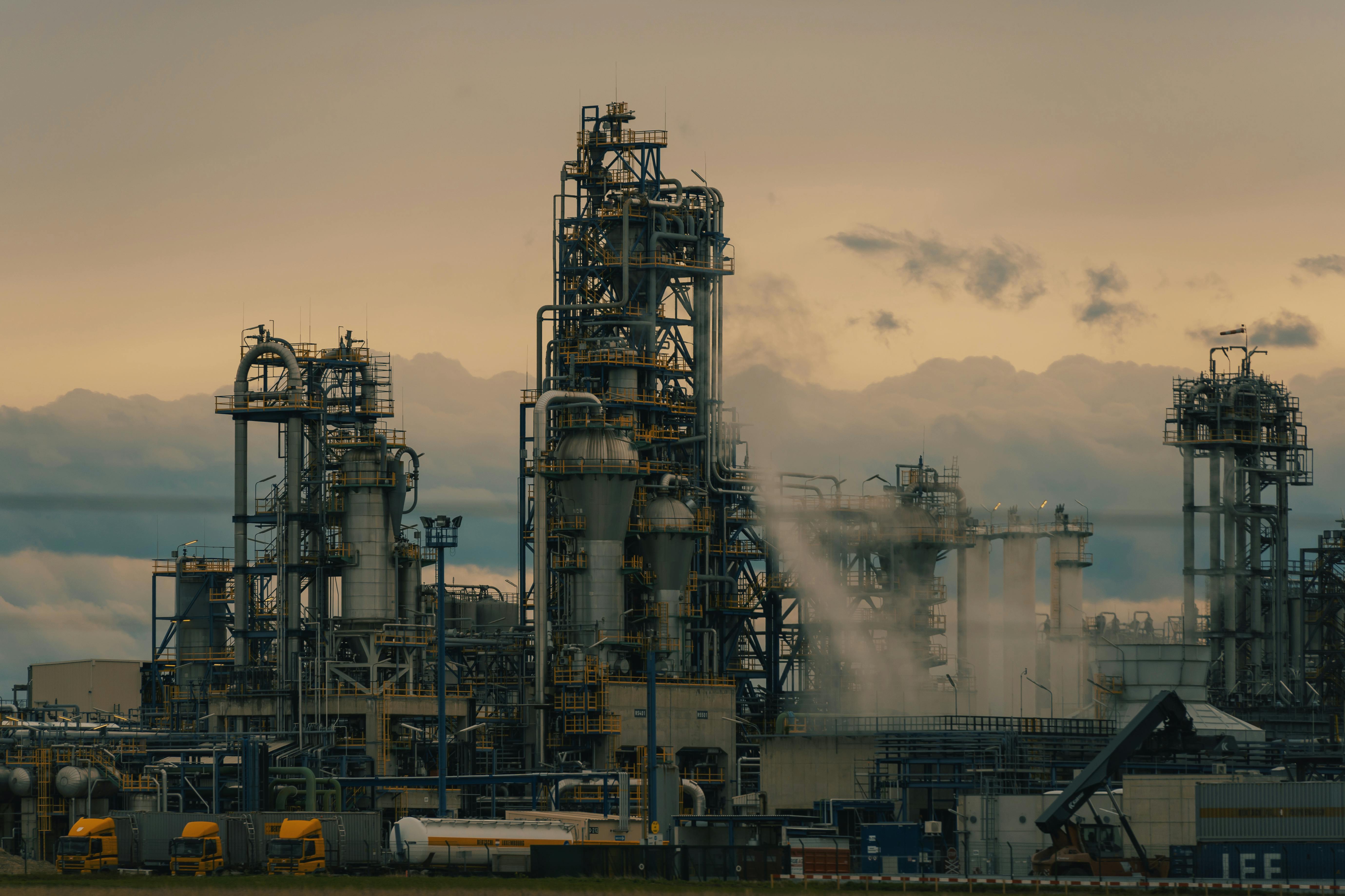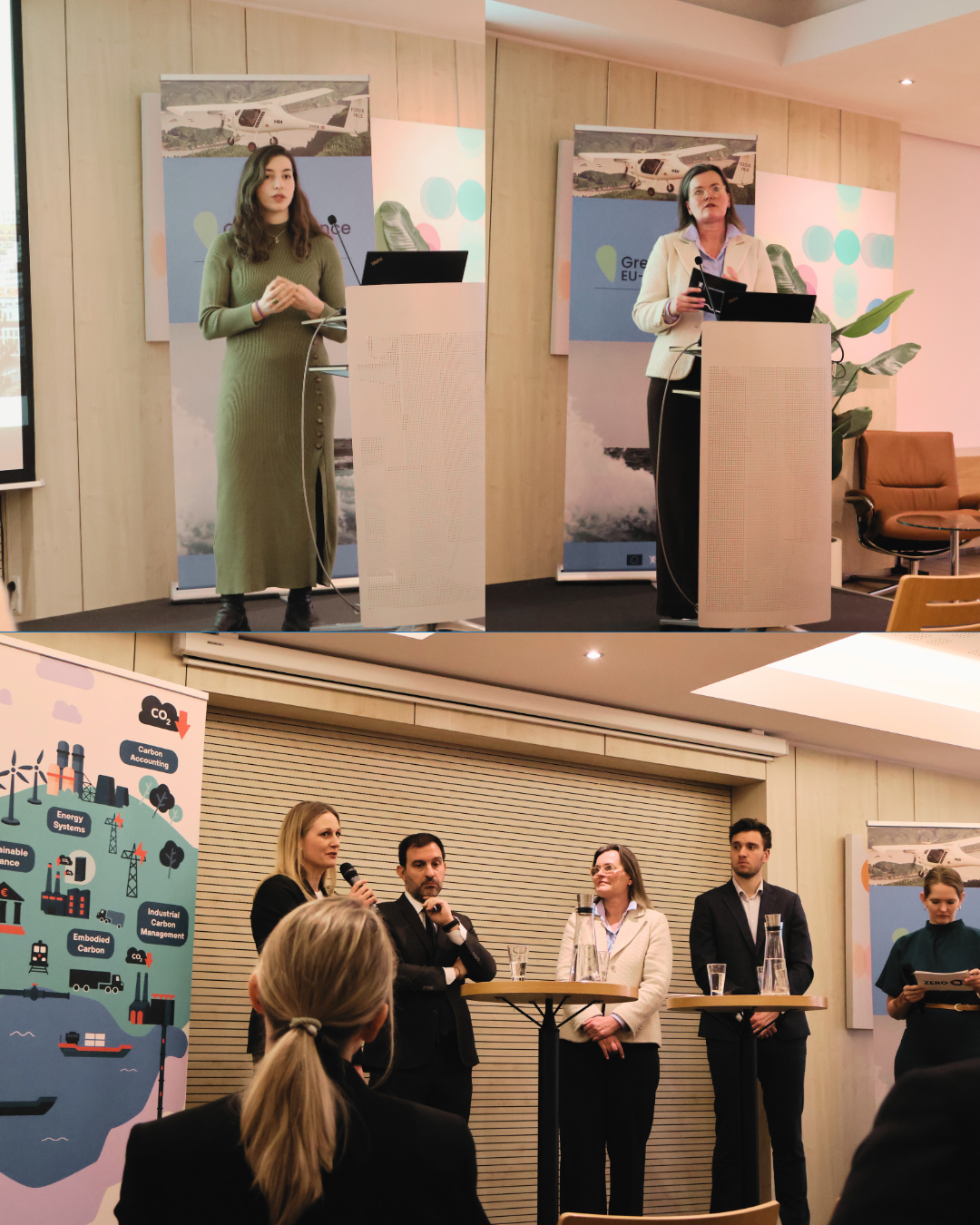
Joint letter – ICC reform and expansion risks diverting ETS Revenues from real climate action
In light of the European Commission’s ongoing considerations to amend the ETS State Aid Guidelines, revising the rules for Indirec...
News

Publish date: December 10, 2015
News
International shipping and aviation together make up about 8% of global emissions. Ships alone are the primary smog contributors, and ocean-going vessels now produce more of SO2 than all of the world’s cars, trucks and busses altogether. Inclusion of the maritime sector in the future climate deal is therefore essential in helping us to limit global temperature rise below 2°C and tackling high levels of dangerous air pollution. Bellona’s event, taking place in Paris as global leaders enter their second week of negotiations towards a global climate deal, aimed to bring attention to the importance of reducing ever growing maritime emissions and of incorporating the sector’s significance within the new agreement text.
The event featured keynote speeches by a number of experts in the maritime field, including Bellona’s Founder and President, Frederic Hauge; CEO of Arctic cruise line Hurtigruten, Daniel Skjeldam; Brent Perry, the CEO of PBES, a global leader in energy storage for industrial applications; and Transport & Environment’s Director Jos Dings.
The enormous economic and climate benefits for the shipping sector
Their presentations provided a rich coverage of the numerous batteries and hybrid solutions available today as well as the business opportunities these offer for the shipping industries. Speakers were in agreement over the fact that the efficient storage of energy, either as a main energy source, or as an intermediate buffering and peak-shaving, would create large economical savings and reduced emissions for numerous applications in both coastal-, inland waterways and international shipping.
“Hybrid propulsion can reduce fuel consumption and CO2 emissions by up to 15-20%, and operating costs by 75%” shared Brent Perry in his presentation, pointing to the importance of rendering these clean technologies profitable for the operators. Fortunately, studies show that energy storage costs have been reduced by 50% over the past 5 years with this trend likely to continue into the future. In addition to their environmental and economic benefits, Perry highlighted the important safety advantages of employing energy storage systems in ships.
The technology is there, but what does it take for full-scale roll out?
In his presentation, Daniel Skjeldam, CEO of Arctic cruise line Hurtigruten, confirmed the availability of promising technological solutions, but highlighted the importance of governmental support in the form of a favorable regulatory environment to foster the transition to zero-emissions maritime transport. “While this support cannot be indefinite, it is crucial in supporting the deployment of battery and hybrid solutions in the shipping industry during the initial stages” explained Skjeldam, with reference to the package of fiscal and practical incentives the Norwegian government granted to electric vehicles (EVs). Fostering the transition to green shipping will require an initial governmental support to boost confidence in new technologies and render them profitable.

In light of the European Commission’s ongoing considerations to amend the ETS State Aid Guidelines, revising the rules for Indirec...

Three main asks: Set robust low-carbon definitions as soon as possible: Without clear thresholds, non-price criteria in procurement lack the dec...

On 24 February 2025, Bellona Europa co-hosted a breakfast seminar at Norway House in Brussels alongside ZERO and the Mission of Norway to the EU, bringing together policymakers, manufacturers, and procurement practitioners around a single conviction: European cities hold a decisive and largely untapped lever for decarbonising construction. With the revision of the EU Public Procurement Directives on the horizon, the moment to use it is now.

Opening remarks and future of EU CRCF Market Christian Holzleitner, Head of Unit for Land Economy and Carbon Removals&nb...

Together with six NGOs and five industry partners, Bellona Europa signed a joint letter on the RFNBO Delegated Act, reiterating that now is not the t...
Get our latest news